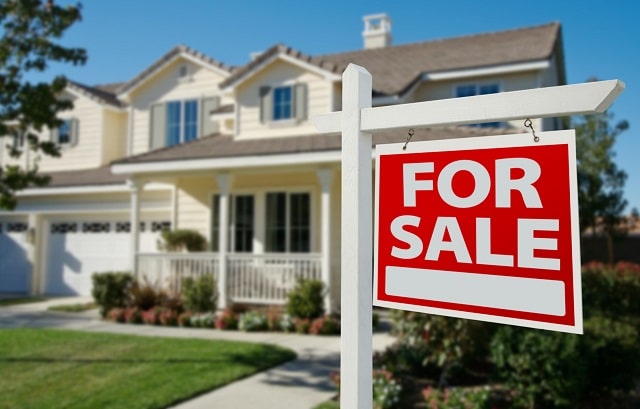
Understanding A Good Lawn
A good lawn is the result of proper planning and care. It starts with selecting the right grass species for your climate and soil type. Once you've chosen the right grass, you'll need to properly seed, fertilize, and water it. Mowing correctly is also important - be sure to mow at the proper height and frequency. Regular lawn care will ensure a healthy, beautiful lawn that will be the envy of your neighborhood.
Having a good lawn is something that a lot of homeowners take pride in. It can be a point of contention, though, as to what constitutes a "good" lawn. Some people believe that it should be perfectly green and free of any weeds, while others feel that a little bit of brown is okay. There are many factors to consider when it comes to having a good lawn, such as the type of grass you have, how much sunlight it receives, and how often you water it.
A beautiful lawn is the centerpiece of any home, and it can also be a source of pride for any homeowner. But beyond its aesthetic value, a healthy lawn also provides a number of important benefits. For one, a thick layer of grass helps to prevent soil erosion by rain and wind. In addition, grassroots help to hold the soil in place, which is especially important on slopes and hillsides. A well-tended lawn also serves as a natural filter, trapping pollutants and dust particles before they can enter the atmosphere. And last but not least, a healthy lawn is home to a variety of beneficial insects, such as ladybugs and lacewings, which help to control pests in the garden. In short, a good lawn is not just a pretty face; it's also an important asset for any home.
However, what if you have a bad lawn? Let’s see if how it will affect your property.
The Impact Of A Bad Lawn On Property’s Value
Can a bad lawn affect your property value? The answer may surprise you. While a well-manicured lawn can certainly add to the curb appeal of a home, it is important to remember that first impressions aren't everything. In fact, studies have shown that potential homebuyers are often willing to overlook cosmetic flaws in favor of a home that offers good value for the price. So, while an unkempt lawn may not help to boost your property value, it probably won't have a significant negative impact either.
So, if you are thinking of selling your home, don't spend too much time and money on fixing up the yard - focus on making the most of what you have and pricing your home competitively, and you are sure to find a buyer who appreciates your home for all it has to offer. To prevent bad things from happening to your property’s value, you are better off to consult with an expert from Heroes Lawn Care for your lawn needs. Surely it will be a win-win for you.
A well-kept lawn is often seen as a sign of a healthy and thriving neighborhood. But what happens when one house in the middle of all that green has a lawn that looks like it belongs on the set of a post-apocalyptic movie? Turns out, quite a bit.
Here are three ways having a bad lawn can negatively impact your property value:
1. It Can Make Your Home Less Appealing To Potential Buyers
If you're trying to sell your home, potential buyers are going to be looking at the condition of your lawn as one of the determining factors in how much they're willing to offer. If your lawn is in poor condition, it's likely that they'll offer you less money for your home than if it was in better shape.
2. It Can Make Your Neighborhood Look Bad
Your lawn is one of the first things people notice when they drive by your house. If it's not well-maintained, it can make your whole neighborhood look bad. This can lead to your property values going down, even if your individual home is still in good shape.
3. It Can Cost You Money In Repairs
A bad lawn can also lead to costly repairs. If the condition of your lawn is causing problems like large bare patches, weeds, or pest infestations, you'll likely have to spend money to fix these issues. This can further reduce the value of your property.
